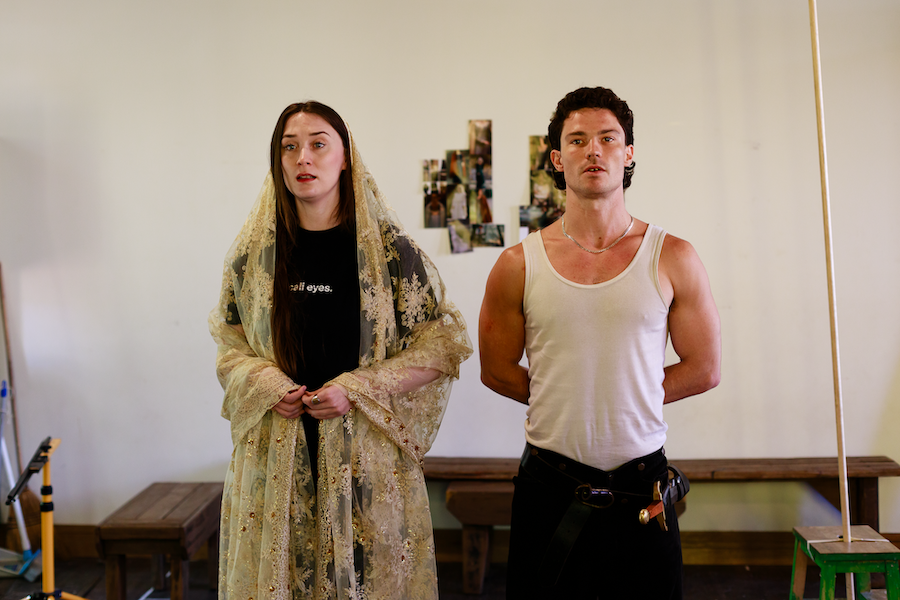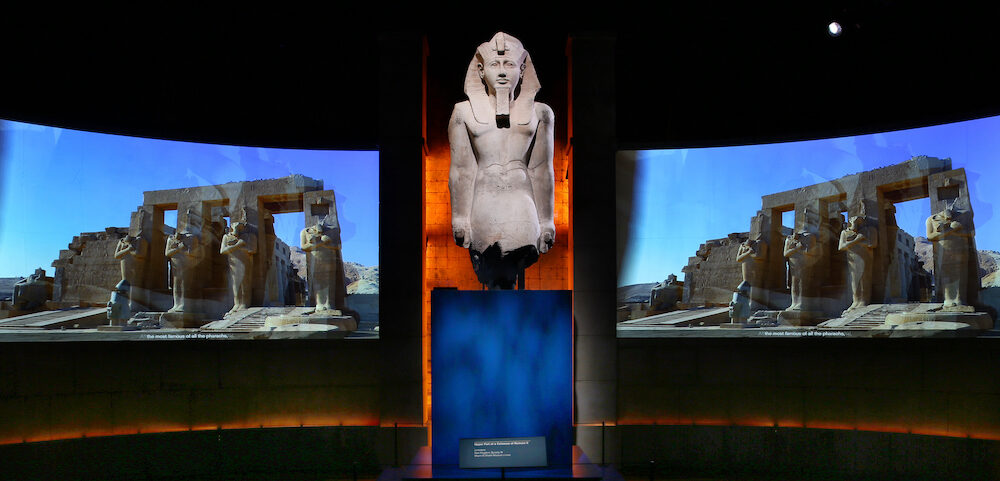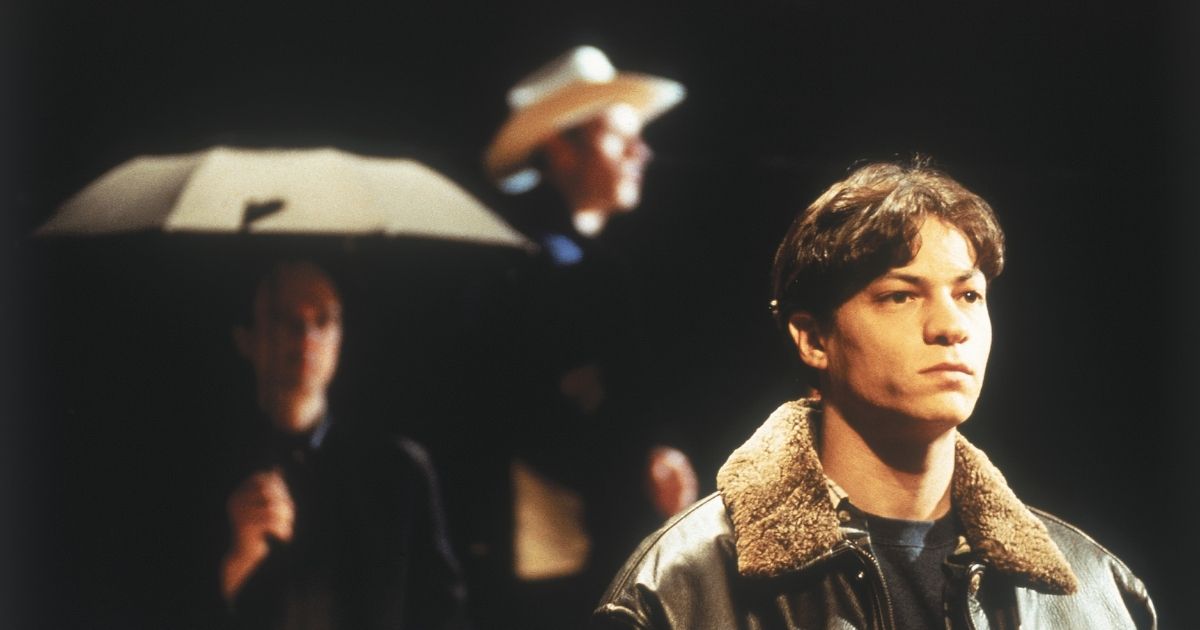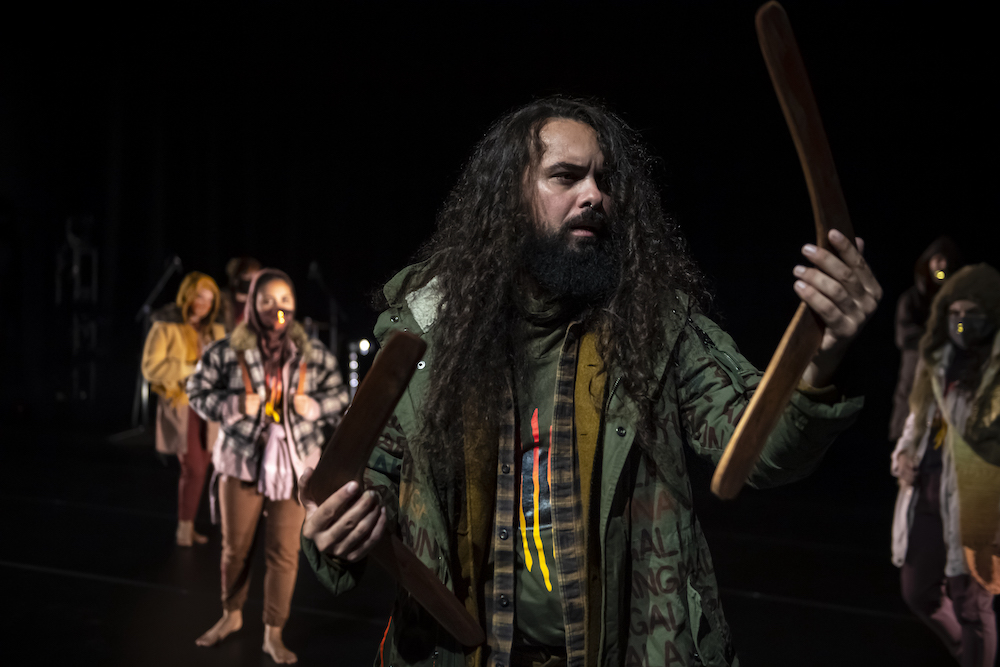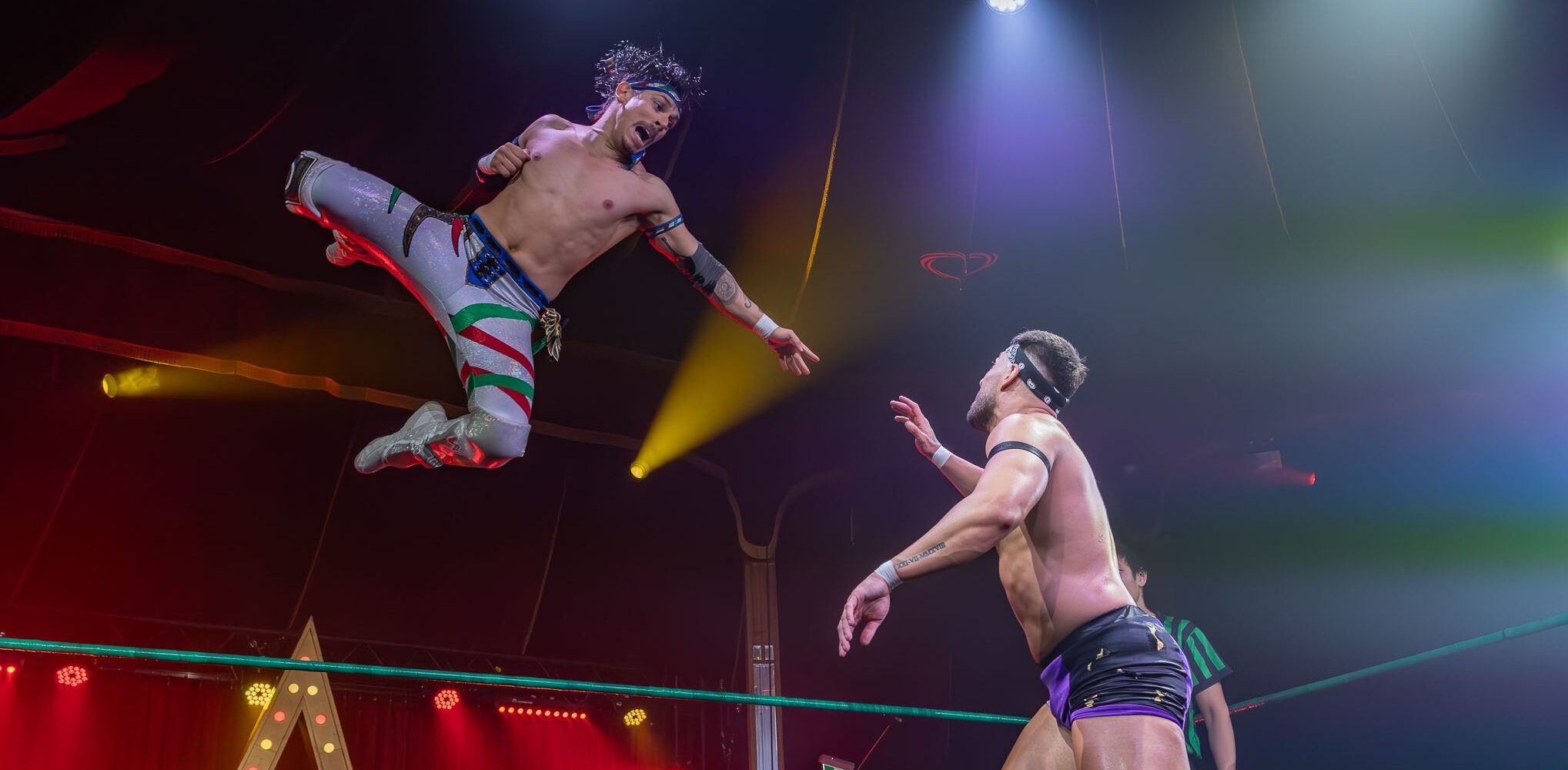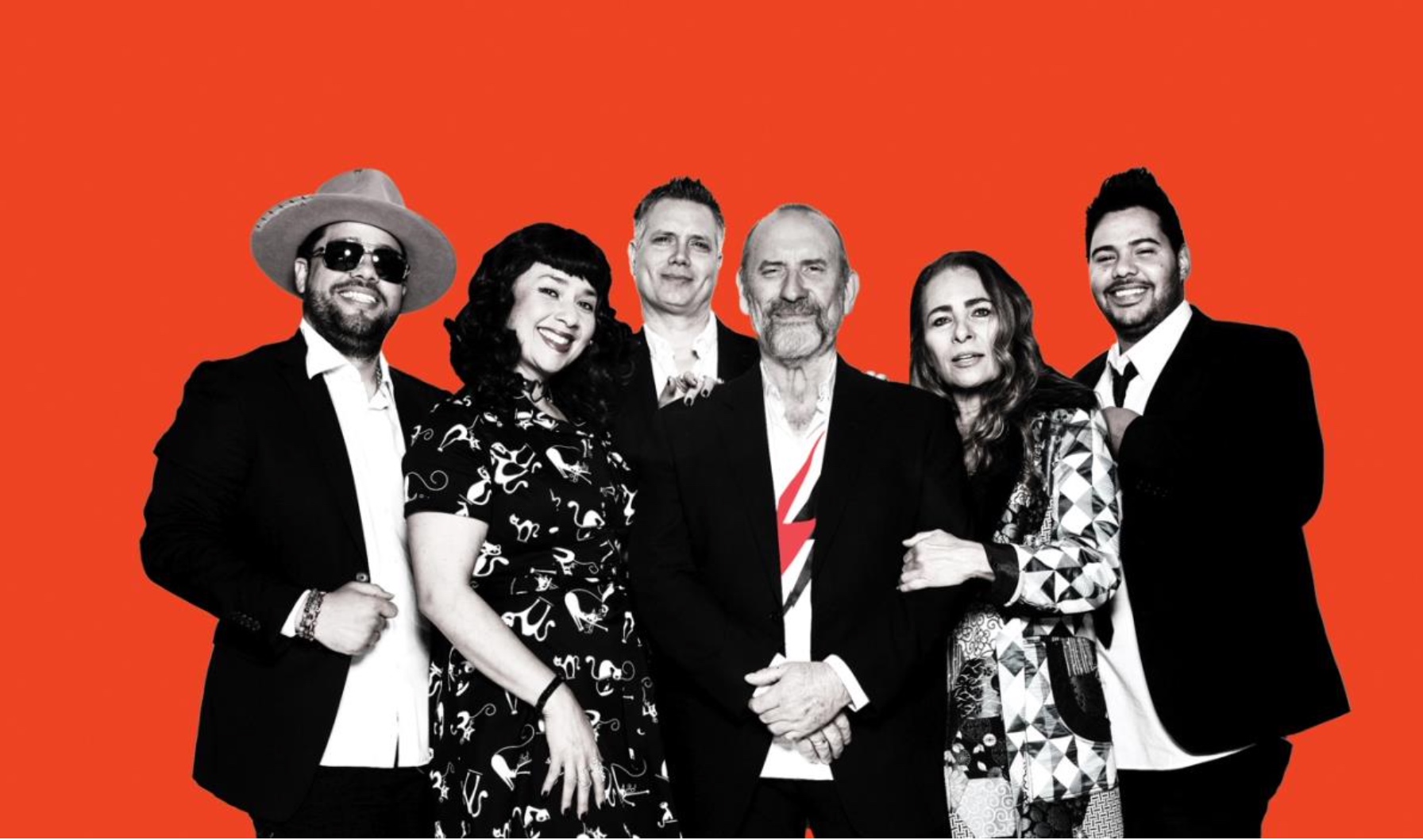
THE NAKED CITY – THE $24 MILLION LIVE MUSIC JAB
The State Government’s recent $24 million live music package, specifically targeting venues, has been met with a mixed reaction from those with any connection or interest in genuine live music in NSW. The immediate cynicism was evident in the comments section of the Sydney Morning Herald with one reader writing “Ahhh, decades of doing everything they can to eradicate any live entertainment in Sydney and now they offer a tiny little band-aid, so nice.” Another expressed dismay at the large corporate hotel chains who had received substantial funding by noting, “the only music at most of those venues… are the sound of poker machines… live music has been dead in Sydney since pubs got poker machines.”
Nevertheless many small to medium size venues throughout city and country NSW, who have struggled during the pandemic, have welcomed the cash injection. Depending on factors like capacity, the inclusion of a dedicated music space and the number of performances per week some 150 venues were able to apply for grants ranging from $7,500 to $750,000. The Crowbar Hotel (formerly the Bald Faced Stag) at Leichhardt for example, received one of the larger payments at $600,000. The venue features live music, mainly punk, metal and indie, four to five nights a week in a room that can hold up to 500.
Once the package was announced it’s clear there was a stampede to apply, with the basic qualification stated as follows:
“A live music venue is a venue whose primary business is presenting live music. A live music venue can also be another business with a significant music venue operation. To be eligible for this package, your venue must demonstrate significant live music programming prior to the impact of COVID-19 restrictions.”
Clearly there were many venues which met this criteria like Camelot Lounge, the Factory, the Metro, Foundry616, the Vanguard and the Oxford Art Factory, to name just a few. There were a swag of others that programmed live music only on weekends but still had a strong music policy. Then there was a large group which could only be labelled borderline – a good jolt of the memory needed to remember when they last hosted a band or even a solo singer. Finally there were those whose successful applications can only be described as ‘creative accounting’.
Whilst the package was intended primarily to assist the actual venues you have to ask what trickle down there will be for the musicians who perform there. Some venues might invest their grant money in upgrading their PA’s but the likelihood is that most musicians will see little of the government’s $24 million largesse. You could argue that without the actual venues there would be no gigs and that musicians have already benefited through the federal JobKeeper program.
However it’s likely that the status quo will prevail when it comes to many of the venues that have benefited under this package. Whilst some will continue to offer fixed payments, many musicians will continue to work for so called ‘door deals’. Sure they take all the money collected at the door but often have to fork out for PA and operator costs, a venue or promoter cut, an agency percentage and ticketing charges. On an admission charge of say $20 per head, they might be lucky to see $15 at the end of the night. Speak to many musicians playing the smaller to medium size venues around town and they will often tell you they are earning less per gig these days than they were 10 to 20 years ago.
There’s also the ongoing question of compliance, both from the State Government and local area councils, which has often been the bane of live music venues. In the past heavy handed regulations and licencing requirements have made it difficult to not only open a new venue but continue with an existing one. Some of the more progressive councils have realised the value of a strong music culture and worked with venues to overcome the kind of problems that might have previously seen them shut down. Splashing the cash is one thing – but a holistic approach that reflects the entire live music scene, including a much better deal for musicians, is sorely needed. We might never revisit the halcyon days of Sydney in the 80s and 90s when live music abounded, but anything is better than a roomful of pokies.




